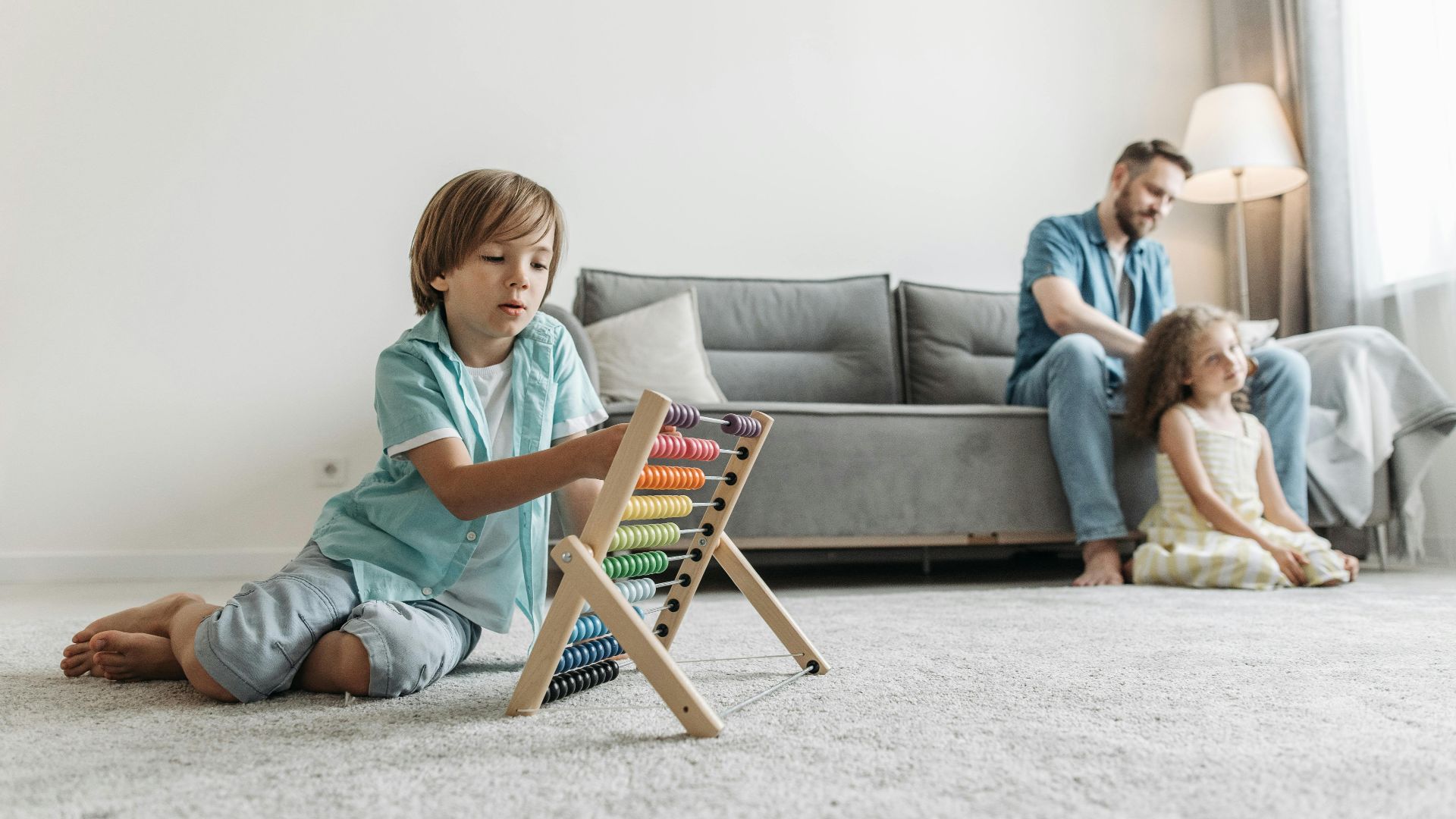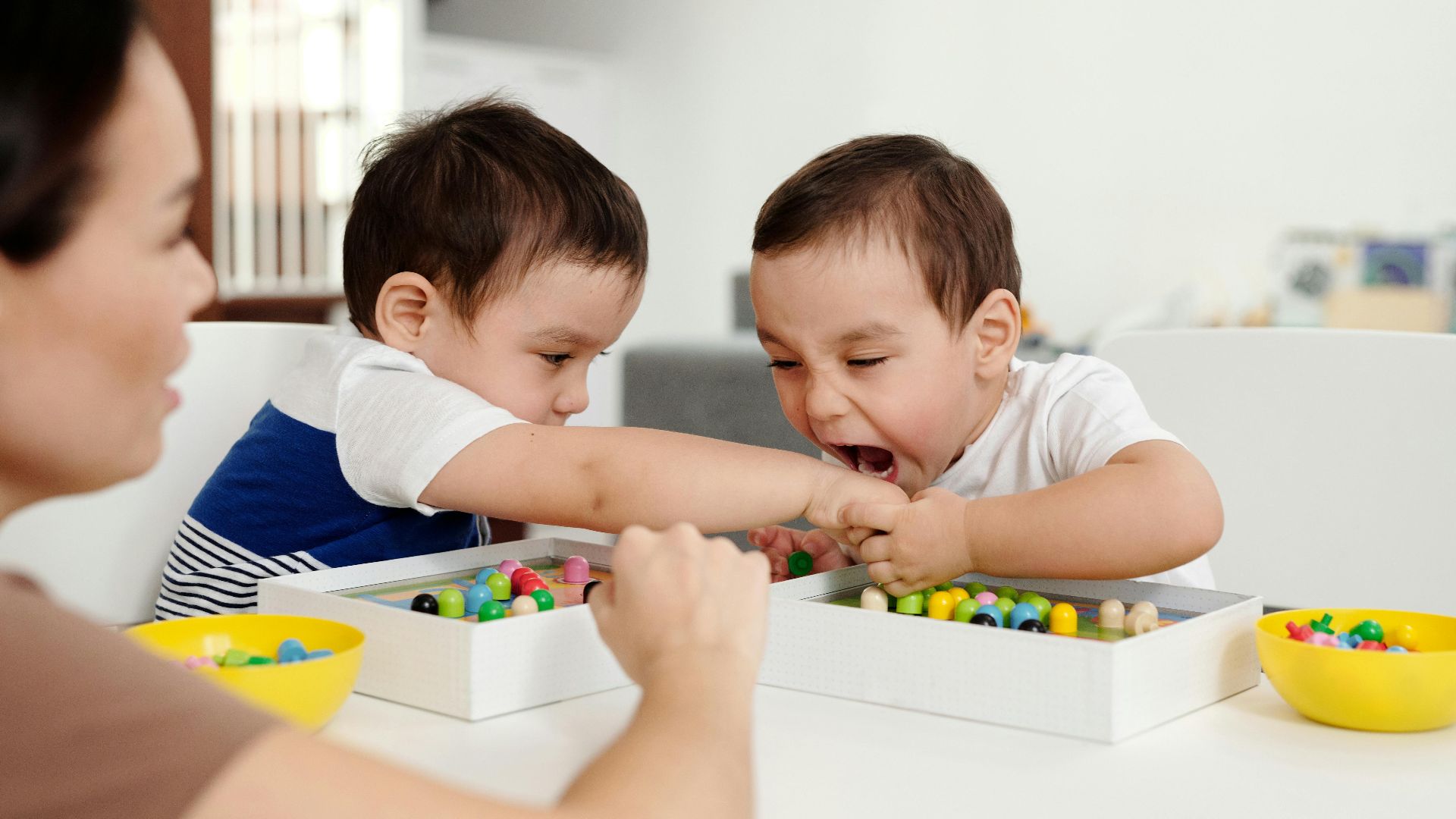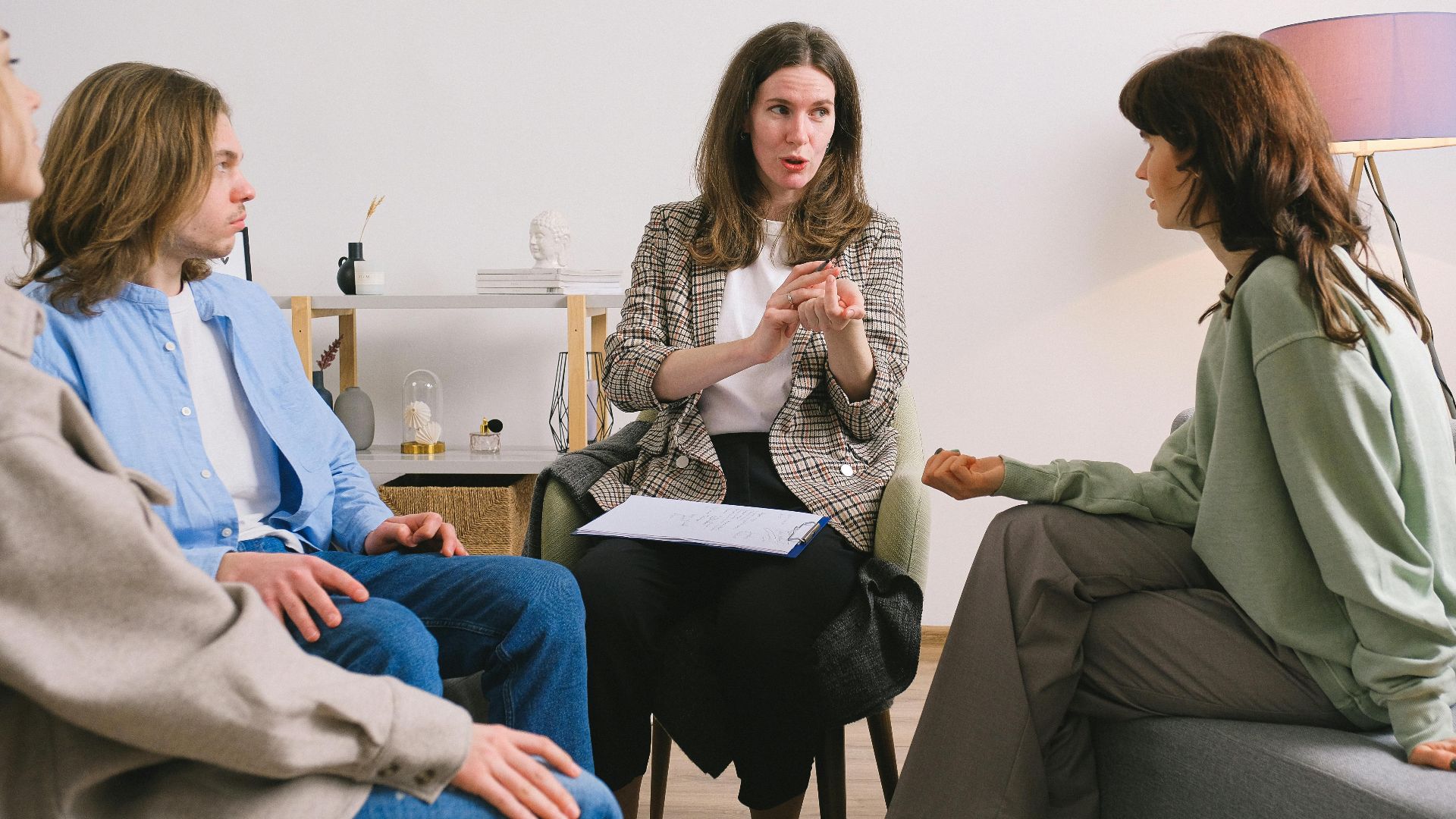Unpacking Distance Between Siblings
The estrangement between siblings can feel both sharp and subtle. Sometimes, the distance builds slowly, shaped by unresolved tension or childhood roles that never shifted. Other times, a single moment causes a rift. While repair is possible, it starts with clarity. Keep reading to know the most common reasons sibling bonds break down and how you can rebuild the relationship. Let’s begin with how siblings fall apart.
1. Growing Up With Different Parenting Styles
One of you got freedom, the other got control—and that difference stuck. Unequal treatment doesn't just cause tension in childhood; it can stretch into adulthood. Over time, even well-meaning overcompensation can make things worse instead of repairing the divide.
2. Childhood Fights That Was Never Resolved
Karl Pillemer's research found that unresolved childhood conflict is one of the most common reasons siblings stop speaking as adults. Those early fights may have started over toys, but the resentment didn't stay small. Even minor slights become lifelong symbols when no one steps in.
3. One Sibling Always Played The Caretaker
The dynamic started early, helping with homework and handling chores. That kind of emotional labor usually goes unnoticed until it turns into distance. Long-term caregiving often breeds exhaustion, especially when no one acknowledges how heavy the responsibility really is.
4. Personality Differences Make Connection Hard
What looks like disinterest may be a communication gap, and those differences tend to widen if no one adapts. You probably didn't drift because of dislike—you just never operated the same way. Extroverts and introverts, for example, may struggle to connect.
5. Competing For Family Approval
When family praise feels limited, every compliment can land like a comparison. One sibling's win might feel like the other's loss. That kind of pressure pushes people apart. Over time, even your conversations can become performances instead of an honest connection.
6. One Sibling Moved Away And Lost Touch
Sometimes, physical distance turns into emotional distance, and the bond slowly thins. When one sibling moves away, the relationship often begins to fade without anyone realizing it. Conversations grow less frequent, and life moves forward separately.
 Photo By: Kaboompics.com on Pexels
Photo By: Kaboompics.com on Pexels
7. Family Trauma Created Emotional Distance
Experiencing trauma together doesn't always bring siblings closer. One may withdraw completely while the other tries to move on quickly. When both avoid the pain in different ways, communication breaks down.
8. Unspoken Tension Turned Into Resentment
What starts as a small misunderstanding can quietly reshape an entire relationship. According to psychologist Dr. Joshua Coleman, unspoken tension is one of the most common reasons siblings become estranged as adults.
9. Your Parents' Divorce Or Death Drove A Wedge
Divorce can create sides, while grief may expose differences in how you both coped. Inheritance issues and other conflicts all contribute to a sense of distance that becomes hard to reverse. Major family changes often change sibling dynamics in lasting ways.
 Photo By: Kaboompics.com on Pexels
Photo By: Kaboompics.com on Pexels
10. One Sibling Feels Used Or Taken For Granted
Carrying the weight of the relationship often leads to burnout. When one sibling is always the one who checks in or shows up, that imbalance eventually creates resentment. Eventually, the effort feels one-sided, and the connection starts to weaken.
Understanding the distance is only half the story. The next step is figuring out how to rebuild what was lost.
1. Reach Out With A Low-Stakes Message
Rebuilding a bond doesn't start with serious talk but with something easy. Usually, casual and low-pressure messages, like a meme or photo, can reopen dialogue. In the early stages of reconnection, consistency matters more than deep conversation.
2. Apologize For Your Role, Even If It's Small
Dr. Harriet Lerner, a psychologist with over 45 years of experience, emphasizes how sincere apologies reset strained relationships. You don't need dramatic words. Vulnerability shows more than polish ever could, and a genuine apology often clears more space than long explanations.
 Photo By: Kaboompics.com on Pexels
Photo By: Kaboompics.com on Pexels
3. Ask About Their Life Without Giving Advice
When curiosity replaces judgment, the connection feels safer and more natural. It's easier to open up when you're not being corrected. Asking about their life and listening without trying to fix things builds trust. Let them lead the conversation.
4. Revisit A Shared Memory You Both Loved
Shared laughter lowers defenses, and even a silly story can bring back a sense of closeness you thought was gone. A simple memory can carry emotional weight. When you reference something light or funny that you both experienced, it softens the dynamic.
5. Find A Neutral Space To Reconnect
Some settings are more helpful than others. Meeting in a relaxed, neutral place like a park or cafe can ease tension that might resurface at home. Avoid emotionally loaded times like holidays and focus on being present in a fresh environment.
6. Show Support During Their Milestones
You don't have to overthink it. Reaching out for a birthday, a job promotion, or during a tough week signals care. Small gestures, sent at the right time, often stay with someone far longer than big moments that come too late.
7. Be Honest About Wanting To Repair Things
According to Nedra Glover Tawwab, a licensed therapist and author of Set Boundaries, Find Peace, direct communication fosters reconnection. Clarity signals emotional maturity, especially when you name the issue without hesitation. Being straightforward shows that you take the relationship seriously.
8. Suggest A Simple Sibling Ritual
Small, consistent habits help siblings feel more connected. Whether it's a monthly check-in or cooking together once a week, routine removes pressure. Rituals offer an informal structure, and siblings who connect regularly tend to report deeper emotional closeness.
9. Involve A Trusted Third Party If Needed
When things feel stuck, an outside voice can help. Family therapists or neutral mediators create space to voice long-held frustrations without blame. Even one session can open doors. A structured setting helps both siblings feel heard, especially when emotions run deep.
10. Accept That The Relationship May Change
Dr. Jeanne Safer, a psychotherapist who specializes in sibling estrangement, notes that peace doesn't always mean closeness. Letting go of old expectations allows something new to take shape. The relationship may never return to what it was, but it can still grow.

























